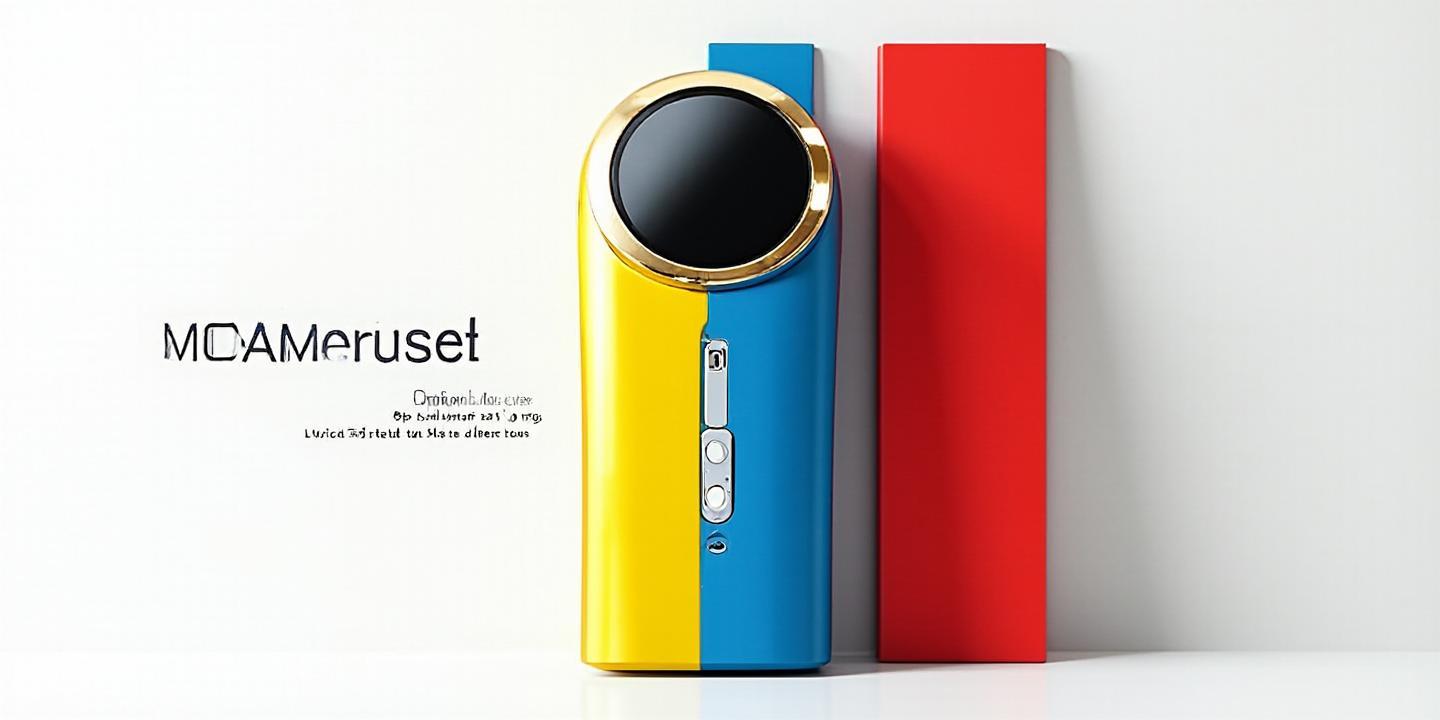
在孩子的英语学习过程中,掌握比较级的用法是提升语言表达流利度的关键一步。然而,仅仅知道“bigger”或“more beautiful”这样的基本形式还不够。要让孩子的英语表达更加地道和丰富,家长需要帮助他们学习修饰比较级的词汇和短语。这些修饰词不仅能让孩子在口语和写作中更准确地传达意思,还能让他们的表达更具层次感和说服力。本文将为您详细介绍修饰比较级的常用词汇及其用法,帮助孩子在英语学习中更上一层楼。
一、什么是修饰比较级?
在英语中,比较级用于比较两个事物或两个状态。例如,“This book is more interesting than that one.”(这本书比那本更有趣)。然而,有时候我们需要更精确地表达比较的程度或范围,这时就需要用到修饰比较级的词汇。这些词汇可以帮助孩子更生动地描述事物之间的差异,让他们的表达更加细腻和准确。
二、常用的修饰比较级词汇
- much
“Much”是最常用的修饰比较级的词汇之一,通常用于强调比较的程度。例如:
- This movie is much more exciting than the last one.(这部电影比上一部精彩得多。)
- She is much taller than her brother.(她比她弟弟高得多。)
注意:“much”通常用于修饰不可数名词或抽象概念的比较级。
- a lot
“A lot”与“much”类似,但语气更随意,常用于口语中。例如:
- This car is a lot faster than mine.(这辆车比我的快得多。)
- He is a lot more confident now.(他现在自信多了。)
- far
“Far”用于强调比较的差距较大,通常用于正式场合或书面语。例如:
- The new model is far more efficient than the old one.(新模型比旧模型高效得多。)
- This problem is far more complicated than I thought.(这个问题比我预想的复杂得多。)
- a bit / a little
“A bit”和“a little”用于修饰比较级时,表示比较的差距较小,带有轻微的语气。例如:
- This shirt is a bit cheaper than the other one.(这件衬衫比那件便宜一点。)
- She is a little more experienced than him.(她比他稍微有经验一些。)
- even
“Even”用于强调比较的意外性或出乎意料的结果。例如:
- The second test was even harder than the first.(第二次考试比第一次还要难。)
- He is even more talented than his sister.(他甚至比他姐姐更有才华。)
- slightly
“Slightly”表示比较的差距非常小,通常用于精确描述。例如:
- This room is slightly warmer than the other one.(这个房间比另一个稍微暖和一点。)
- The new version is slightly better than the old one.(新版本比旧版本稍微好一些。)
三、修饰比较级的短语
除了单个词汇,一些短语也可以用来修饰比较级,丰富孩子的表达。以下是一些常见的短语:
- by far
“By far”用于强调比较的绝对性,通常用于最高级或比较级的句子中。例如:
- This is by far the best movie I’ve ever seen.(这是我迄今为止看过的最好的电影。)
- He is by far the most talented student in the class.(他是班上最有才华的学生。)
- a great deal
“A great deal”用于强调比较的程度较大,通常用于正式场合。例如:
- This method is a great deal more effective than the previous one.(这种方法比之前的方法有效得多。)
- She is a great deal more experienced than her colleagues.(她比她的同事们经验丰富得多。)
- no better than
“No better than”用于表示两者之间没有明显差异,通常带有否定意味。例如:
- This product is no better than the cheaper one.(这个产品和便宜的那个没什么区别。)
- His performance was no better than last year.(他的表现和去年差不多。)
四、如何在日常生活中练习修饰比较级?
情景对话
家长可以在日常生活中与孩子进行情景对话,鼓励他们使用修饰比较级的词汇。例如,在讨论食物时,可以问:“Which ice cream is much sweeter, chocolate or vanilla?”(哪种冰淇淋更甜,巧克力还是香草?)
写作练习
让孩子在写作中尝试使用修饰比较级。例如,写一篇关于“My Favorite Season”的短文时,可以引导他们使用“far more beautiful”或“a lot more enjoyable”这样的表达。
阅读与模仿
让孩子多阅读英语文章或书籍,注意作者如何使用修饰比较级。鼓励他们模仿这些表达方式,并在自己的写作或口语中加以运用。
五、常见错误及纠正
- 混淆“much”和“many”
“Much”用于修饰不可数名词,而“many”用于修饰可数名词。例如:
- 错误:There are much books on the table.
- 正确:There are many books on the table.
- 过度使用“very”
“Very”不能直接修饰比较级。例如:
- 错误:This is very more interesting.
- 正确:This is much more interesting.
- 忽略“a bit”和“a little”的细微差别
“A bit”和“a little”在大多数情况下可以互换,但“a bit”在口语中更常见,而“a little”更正式。例如:
- 口语:This is a bit better.
- 正式:This is a little better.
六、修饰比较级的高级用法
- 使用“the + 比较级”结构
这种结构用于表示“越……越……”。例如:
- The more you practice, the better you’ll become.(你练习得越多,就会变得越好。)
- The harder you work, the more you’ll achieve.(你越努力,成就就会越大。)
- 结合条件句
修饰比较级可以与条件句结合,表达假设或可能性。例如:
- If you study a bit harder, you’ll pass the exam.(如果你再努力一点,就能通过考试。)
- He would be much more successful if he took more risks.(如果他冒更多险,他会更成功。)
- 与“than ever”搭配
“Than ever”用于强调某事物达到了前所未有的程度。例如:
- This year’s sales are much higher than ever.(今年的销售额比以往任何时候都高。)
- She is far more confident than ever before.(她比以往任何时候都更自信。)
通过掌握这些修饰比较级的词汇和短语,孩子的英语表达将变得更加丰富和准确。家长可以通过日常对话、写作练习和阅读引导,帮助孩子逐步掌握这些技巧,为他们的英语学习打下坚实的基础。
猜你喜欢:we是什么
